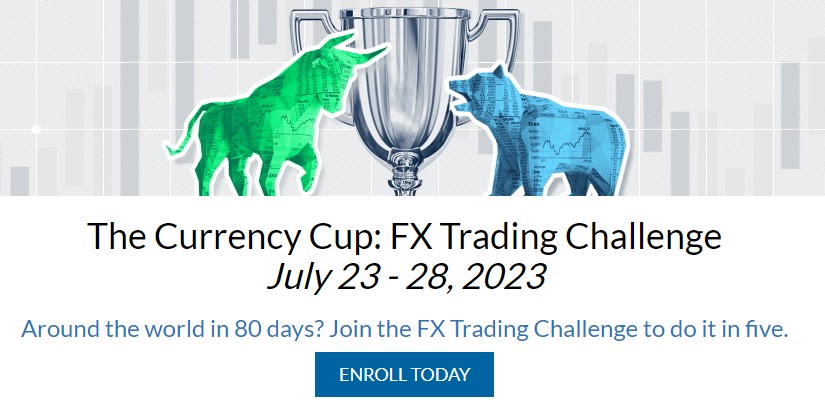Learn more about futures trading at E-Futures.com here.
Futures trading is a financial practice that involves the buying and selling of contracts for future delivery of commodities or financial instruments. This trading mechanism has played a significant role in American history, influenced critical moments in world history, and produced renowned traders who have shaped the industry. In this article, we will explore the most prolific futures traders in American history, examine the direct impact of futures trading on key historical events, and highlight some of the world’s famous futures traders.
Most Prolific Futures Traders in American History:
a) Richard Dennis: Known as the “Prince of the Pit,” Richard Dennis was a legendary futures trader who made his mark in the 1970s. He developed a group of novice traders, famously known as the “Turtles,” and trained them using his proprietary trading strategy. The success of his trading experiment solidified his status as one of the most prolific futures traders in American history.
b) John W. Henry: A former futures broker turned trader, John W. Henry established his reputation as a successful trend follower. He founded John W. Henry & Company and used quantitative strategies to achieve remarkable returns. Henry’s accomplishments in futures trading led him to become the principal owner of the Boston Red Sox baseball team.
c) Paul Tudor Jones II: Paul Tudor Jones II gained fame as a hedge fund manager and futures trader. He predicted and profited from the stock market crash of 1987, commonly known as “Black Monday.” His trading skills and philanthropic endeavors have cemented his place among the most influential traders in American history.
II. Impact of Futures Trading on World History:
a) The Great Depression: During the 1920s, excessive speculation in the futures markets, particularly in stocks, contributed to the economic bubble that ultimately burst in 1929. The ensuing stock market crash triggered the Great Depression, leading to widespread economic hardship. This historical event demonstrates how the unchecked nature of futures trading can have far-reaching consequences on global economies.
b) Oil Crisis of 1973: Futures trading played a direct role in the oil crisis of 1973. As tensions rose in the Middle East, speculators rushed to buy oil futures, anticipating a price surge due to potential supply disruptions. This speculation led to a significant increase in oil prices, exacerbating the global energy crisis and causing economic turbulence in many countries.
c) Financial Crisis of 2008: Complex financial instruments, including futures contracts tied to mortgage-backed securities, played a crucial role in the 2008 global financial crisis. These instruments allowed financial institutions to speculate on the housing market, creating a housing bubble that eventually burst, resulting in a severe financial meltdown. The fallout from this crisis underscores the interconnectedness between futures trading and global financial stability.
III. Famous Futures Traders Worldwide:
a) Jim Rogers: An American investor and author, Jim Rogers co-founded the Quantum Fund with George Soros. Known for his adventurous spirit, Rogers embarked on a world tour on a motorcycle, gaining unique insights into global markets. He is renowned for his contrarian views and successful trades in commodities futures.
b) Bruce Kovner: Bruce Kovner is a self-made billionaire and philanthropist who built his fortune primarily through futures trading. He founded Caxton Associates, a successful macro hedge fund, and employed fundamental analysis to identify trading opportunities. Kovner’s expertise in futures trading made him one of the most respected traders worldwide.
c) Ed Seykota: Ed Seykota is a pioneer in systematic trend-following trading. His unique approach involved developing computer programs to analyze historical price data and identify market trends. Seykota’s success as a trader and his insights into human psychology have made him a prominent figure in the world of futures trading.
Collaborative Stories:
To illustrate the impact and success of futures trading, let’s explore the story of Richard Dennis and his “Turtles.” Dennis’s decision to train and mentor a group of novice traders demonstrated his belief that successful trading strategies could be taught. The “Turtles” went on to achieve remarkable success, showcasing the power of disciplined trading methods.
In another story, we can focus on Paul Tudor Jones II and his famous prediction of the 1987 stock market crash. Jones’s astute analysis and ability to profit from the crash solidified his reputation as a legendary trader and demonstrated the potential impact of futures trading on global financial markets.
Futures trading has shaped the course of American history, impacted critical moments in world history, and produced renowned traders whose achievements continue to influence the industry. Understanding the contributions of these traders and the impact of futures trading on historical events allows us to appreciate the significance of this financial practice and its enduring legacy.
Ready to start trading futures? Call 1(800)454-9572 and speak to one of our experienced, Series-3 licensed futures brokers and start your futures trading journey with E-Futures.com today.
Disclaimer – Trading Futures, Options on Futures, and retail off-exchange foreign currency transactions involves substantial risk of loss and is not suitable for all investors. Past performance is not indicative of future results. You should carefully consider whether trading is suitable for you in light of your circumstances, knowledge, and financial resources. You may lose all or more of your initial investment. Opinions, market data, and recommendations are subject to change at any time.











